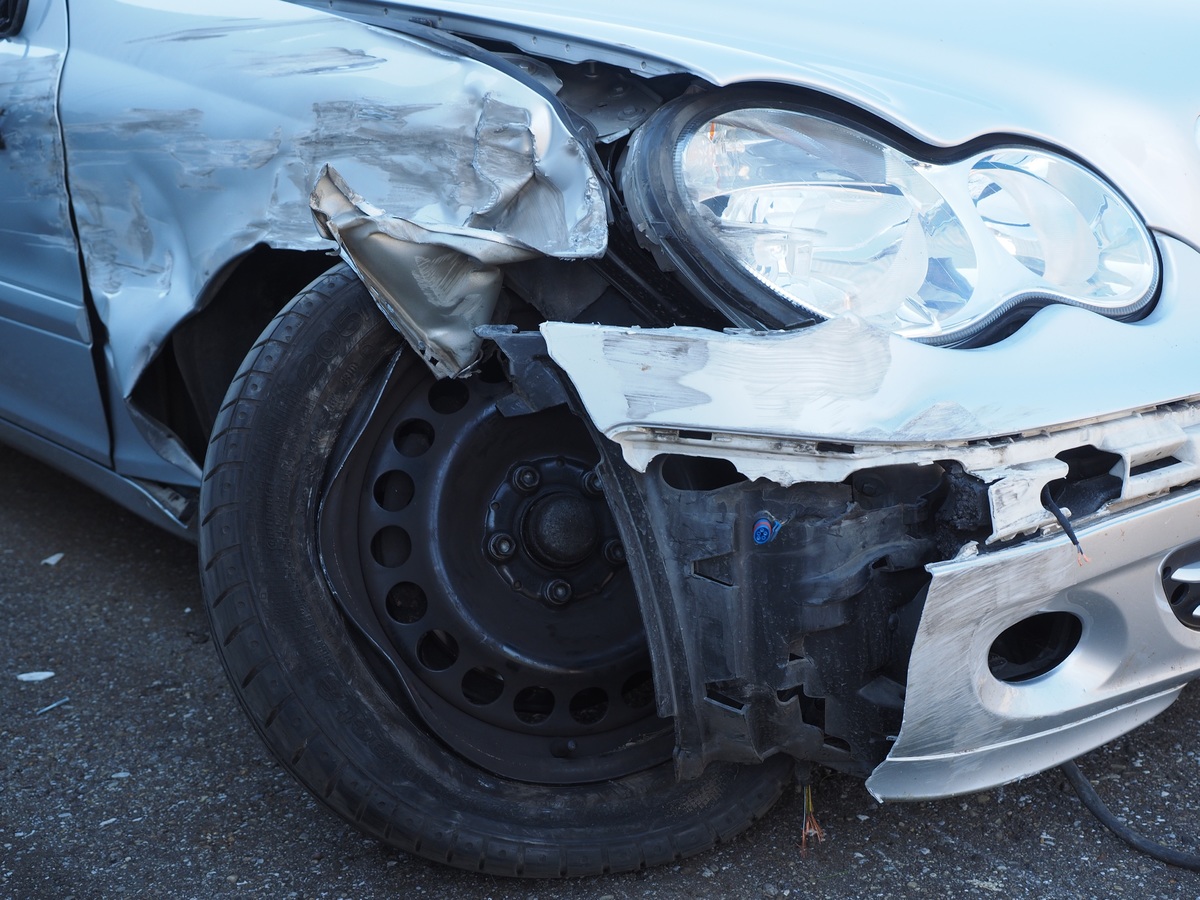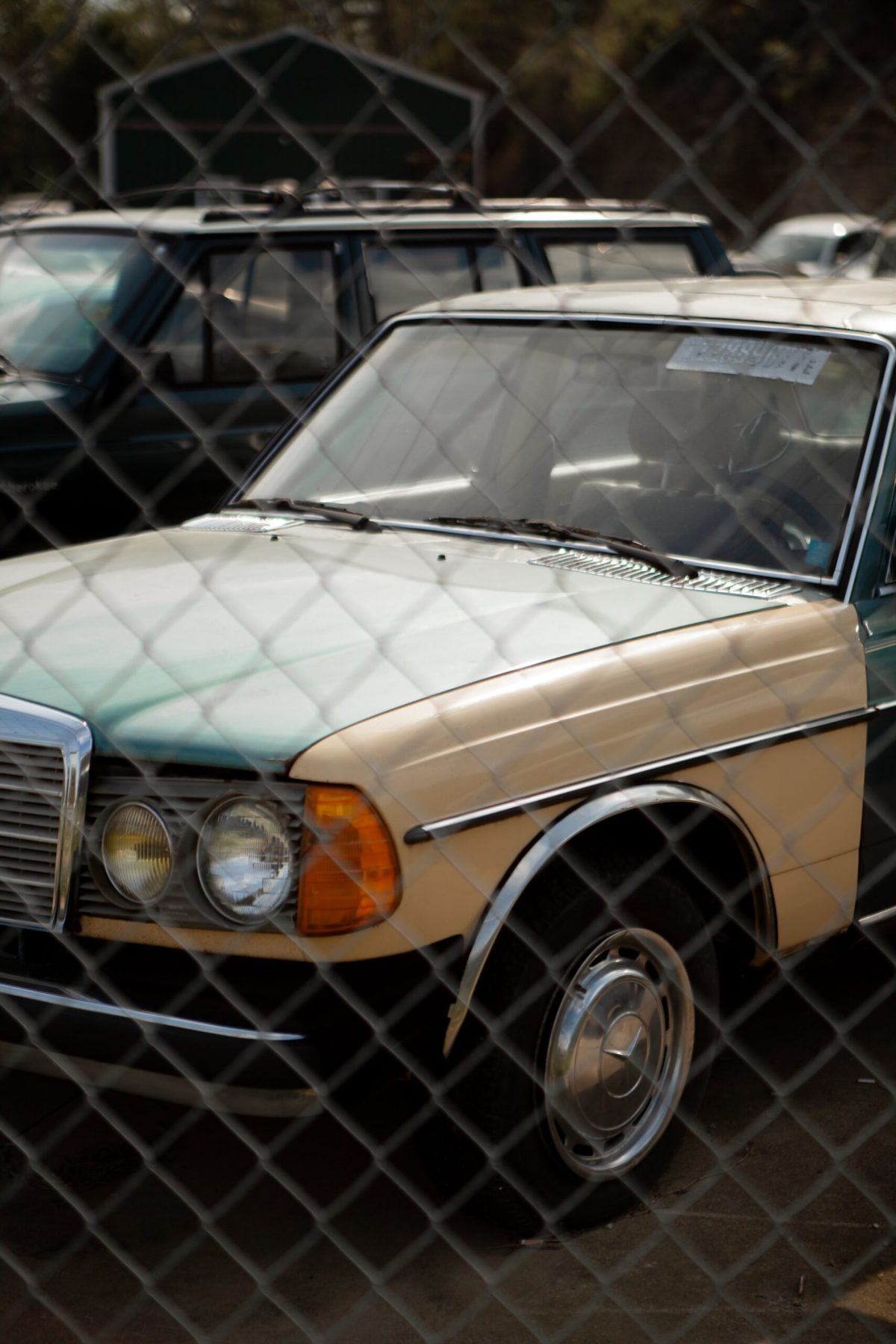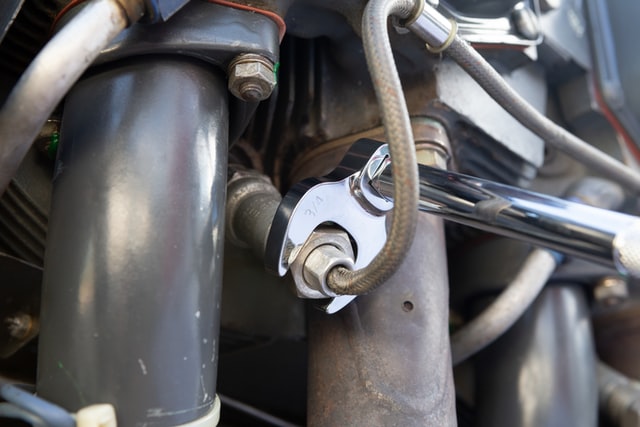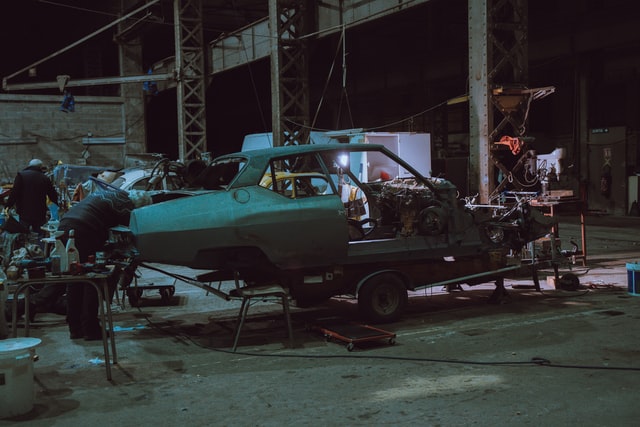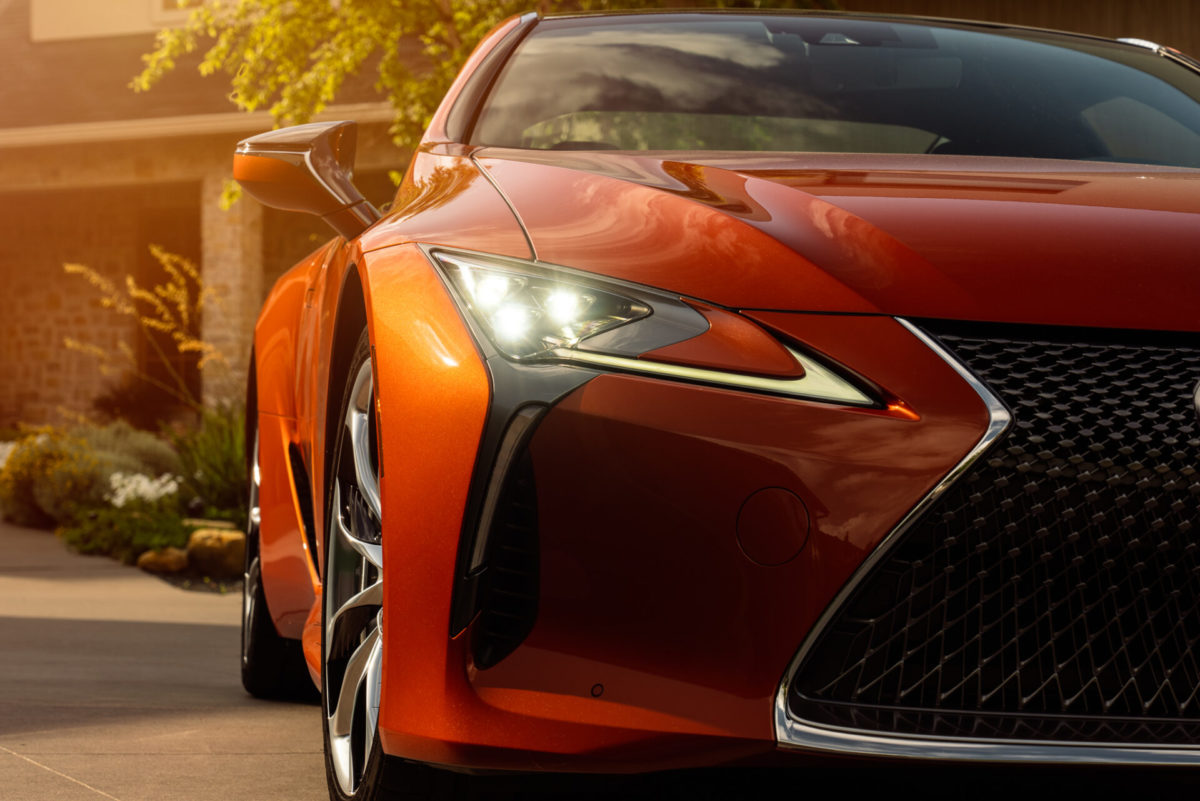Tips To Ensure You Don’t Buy A Write-Off
To the untrained eye, pre-owned cars may look roadworthy, but on closer examination one may be shocked to learn just how many cars on some dealership floors are write-offs.
Over the past two years, the South African Motor Body Repairers’ Association (SAMBRA), has campaigned to have cars that have been written off as a result of being critically damaged from being repaired and resold to the unsuspecting public.
Richard Green, National Director of the South African Motor Body Repairers’ Association (SAMBRA) has repeatedly stated that currently, there is no way for the public to verify if a car has been previously written off in an accident.
Until such a time as the South African Insurance Association (SAIA) makes information relating to a vehicle’s accident history available to the public, the public will remain at risk of unknowingly purchasing cars that have been written off.

Should you be on the market for a pre-owned car, it is vital that you have it professionally assessed. Green advises consumers as follows:
- Never buy a vehicle without physically checking it and taking it for a test drive. Turn off the radio when driving it and listen to any tell-tale noises which may alert you to mechanical and other faults.
- Never purchase a vehicle that does not have a full-service history from a reputable service provider.
- Insist on getting an independent dealer or repairer to assess the vehicle further. You can find a list of accredited South African Motor Body Repairers’ Association (SAMBRA)service providers on the Retail Motor Industry (RMI) website. The same applies should you be purchasing the vehicle from a private seller. A legitimate seller should not take issue with your suggestion of bringing in an independent assessor.
- Spend time reading previous customer reviews about the dealership you intend to purchase your car from.
Remember that accredited SAMBRA members adhere to strict criteria and service levels designed to protect themselves as well as customers.
Sources: BusinessTech and Retail Motor Industry
